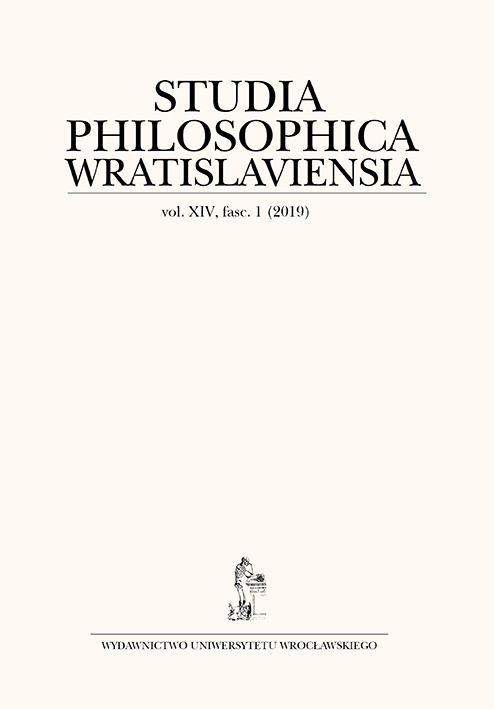

ISSUES IN CONTEMPORARY PHILOSOPHY

Alasdair MacIntyre’s After Virtue: A Study in Moral Theory presents a complex argument that spans numerous academic disciplines and combines empirical and theoretical analyses. Its radical conclusion has inspired activists and social critics from all sides of the ideological spectrum. Critics and commentators have questioned MacIntyre’s critique of modern moral philosophy and the plausibility of the concluding prescription, concerning the need to create new forms of community. But it has less often been asked in what sense the book presents a unified perspective. In other words, how do the premises of MacIntyre’s argument, presented and defended throughout the text, warrant the conclusion? In this article, I partially formalize the main argument of After Virtue, discussing the grounds for each premise, and explaining how they ground the book’s radical conclusion. In doing this, I argue that economic sociology, specifically Karl Polanyi’s theory of the modern market economy, plays a large role in supporting MacIntyre’s claims. After presenting the main argument of the text, I draw upon the social theory elaborated in Dependent Rational Animals: Why Human Beings Need the Virtues, specifically its theory of the relationship between vulnerability, dependence, and virtuous networks of giving and receiving, while briefly noting recent sociological criticisms of Polanyi, to argue that we have reason to be skeptical of MacIntyre’s empirical claims concerning the vicious character of modern social structures in After Virtue.